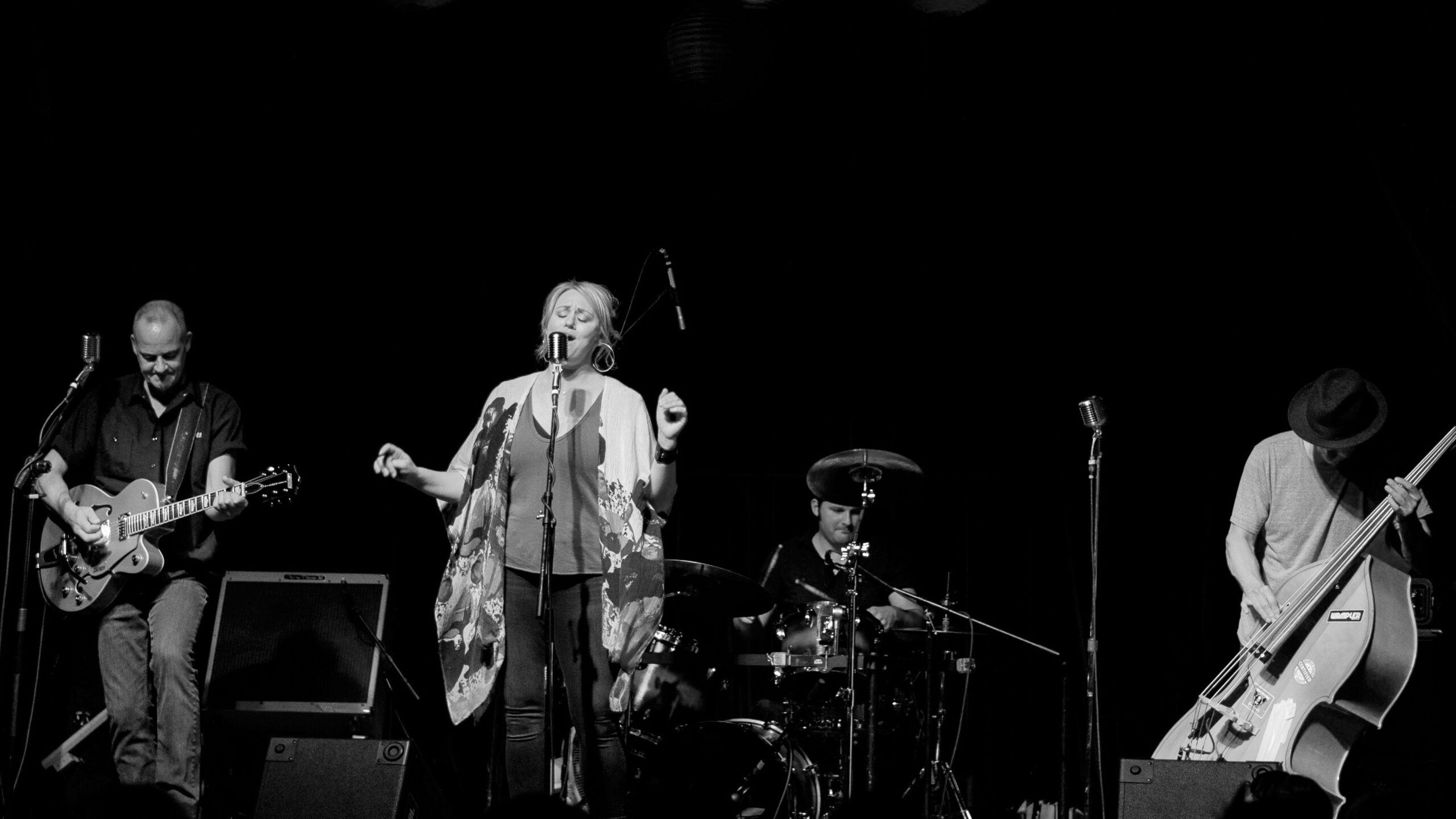The teachings of the Bahá’í Faith are a rich tapestry interwoven with principles of unity, equality, and the sanctity of the individual soul. In this context, the anecdote of a Bahá’í who found solace and expression through music in a band such as Dizzy’s Band serves as a compelling metaphorical lens through which we can explore the profound essence of these teachings.
At first glance, one might perceive the world of music as an island unto itself—an isolated realm where creativity thrives unhindered. Yet, within this community of sound, there resides a parallel to the Bahá’í concept of oneness. Just as diverse instruments come together to create a harmonious symphony, far removed from the dissonance that discord breeds, so too do the teachings of Bahá’u’lláh implore individuals to transcend their differences for a greater, unified purpose.
Imagine a Bahá’í musician amid the colorful ensemble of Dizzy’s Band. Each beat reverberates not merely as a note played, but as an echo of the soul’s long quest toward truth. Music becomes a conduit for fostering joy, resilience, and communal spirit—ideals proliferated within Bahá’í teachings. The Bahá’í musician recognizes that every performance is not solely an artistic display; it’s an opportunity to uplift the spirits of the audience, a reflection of unity in diversity where each listener is part of a larger narrative fueled by love and compassion.
This musician articulates a profound understanding of purpose. Much like the Bahá’í belief that every individual is endowed with innate nobility, so too does the artist reveal their essence through the passionate thrumming of their instrument. The power of artistic expression, especially in a collaborative setting such as a band, becomes an embodiment of the Bahá’í ideals of cooperation and collective consciousness. Each strum, rhythm, and melody illustrates the poet’s gift to uplift humanity, bridging cultural and social barriers with the universal language of music.
An essential teaching of the Bahá’í Faith is the oneness of mankind, which invites a reevaluation of individual identities within the larger framework of community. Observing the dynamics within a band, the musician learns that while each member exhibits unique talents and characteristics, it is the synergy of their collective abilities that results in a transcendent artistic experience. This mirrors the guidances of Bahá’u’lláh: to uphold the dignity of every individual while recognizing one’s role in the grand collaborative effort towards the betterment of society. The sound patterns formed during a performance are akin to threads woven into a grand tapestry, forming intricate designs that speak to the beauty of diversity combined with shared purpose.
As the Bahá’í musician plays, they become a vessel of transformative potential. Instrumental music, devoid of words, can evoke profound emotions and transcend barriers of language and culture, embodying the essence of interdependence that is foundational to Bahá’í teachings. It is through this lens that one might perceive the artistry not merely as entertainment, but rather as a noble responsibility—an act of service that resonates with the hearts of others, promoting a deeper understanding of shared human experiences.
Consider also the concept of the ‘spiritual material’ world as intertwined with the artist’s life. The musician may experience life’s trials and tribulations; yet, through the lens of Bahá’í teachings, they might view these experiences as opportunities for growth and spiritual enrichment. Each note played could signify a lesson learned, a layer of understanding peeled back to reveal the unfathomable richness of life. The band becomes an incubator for resilience, each concert not simply an event, but a passage toward spiritual enlightenment rich with opportunities for reflection and learning.
Moreover, the appeal of being a musician in a band extends beyond mere musicality; it evolves into the very embodiment of service—a core tenet of Bahá’í belief. As conscious creators, individuals engaged in such artistic endeavors contribute to the collective advancement of society. In performing for diverse audiences, they become agents of change, facilitating conversations and instilling ideals foundational to the Bahá’í Faith: trust, kindness, and the perpetual striving for justice. The subtle vibrations of music can indeed become the clarion call for a more compassionate world.
Moreover, the joyous creation of sound serves as a harmonious testament to the concept of the ‘power of the word,’ which is pivotal in Bahá’í teachings. Just as words have the capacity to inform and transform, music, too, can resonate with the soul and inspire action. Every performance can ignite a fervor for dialogue, encourage philanthropy, and strengthen the fabric of community. The Bahá’í who played in Dizzy’s Band thus engages listeners, plays their heart out, and fosters an indomitable spirit of unity.
In conclusion, the exploration of the Bahá’í teachings through the metaphor of a musician in Dizzy’s Band highlights the essence of artistic expression as a powerful facilitator of unity, understanding, and service. Music, in its profound simplicity and intricate complexity, serves as a microcosm of the Bahá’í vision of a harmonious society, where each individual’s contribution blends into a greater work, reverberating through time and space. In this reality, one finds not only the joy of individual creativity but the sublime beauty of a world harmoniously intertwined—a world where the heart of the music beats along with the ever-pulsating rhythm of humanity’s collective journey toward unity and peace.
